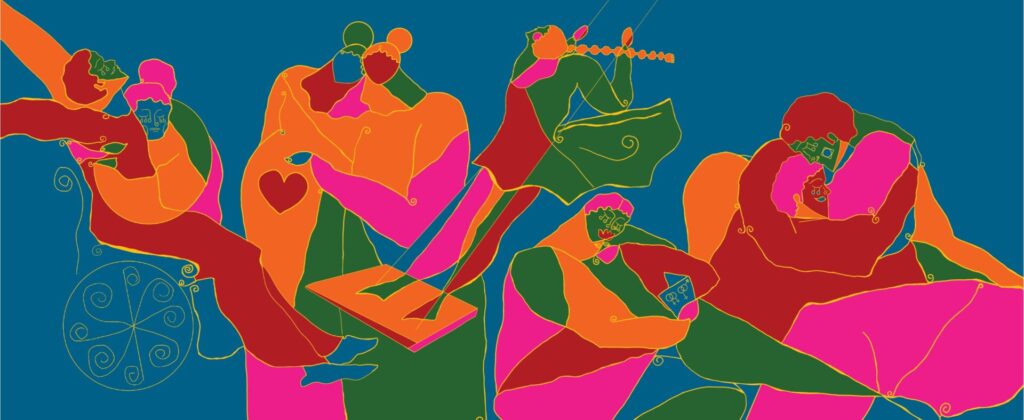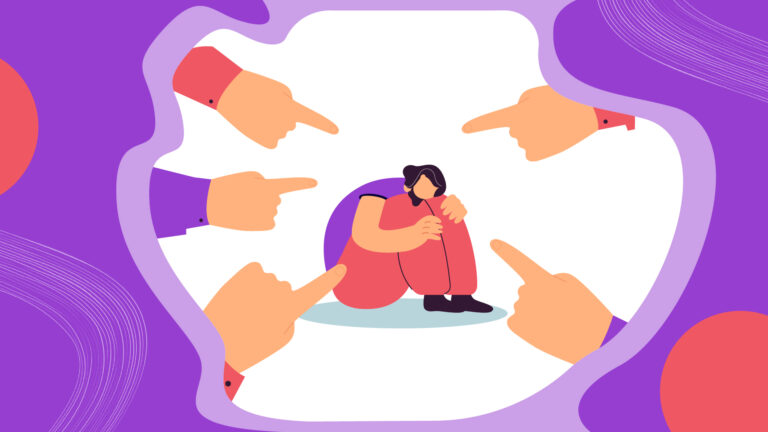Latest News & Updates
Sexual Education in Schools: Are We Ready?
Sexual education is one of the sensitive and controversial topics in our societies, especially in the Middle East and North Africa. With the rapid social, economic, and cultural changes, addressing this subject within the framework of our Arab culture, values, and ethics has become essential. In the absence of a
The Societal Stigma of Sex and Its Impact on Seeking Treatment, Especially Among the Unmarried
Discussing sex—here referring to educating individuals about the information they need to be healthy and productive members of society—remains limited and approached with embarrassment. Education is generally confined to basic physiological information about the body and reproductive systems, which is introduced in school curricula at a later stage. Ideally, education
Women Are the Primary Target of War
Being a woman during a war like the Gaza war means you are its most precise and painful target. This time, I will not write about your complex stories with your husband on an ordinary day, or your silent struggles with climate change. I won’t even touch upon your loss
Test Your Knowledge

Time's up
Frequently Asked Questions
SRHR stands for Sexual and Reproductive Health and Rights.
SRHR encompasses a wide range of issues related to sexual and reproductive health, including access to contraception and family planning, prevention and treatment of sexually transmitted infections (STIs), safe and legal abortion, maternal health, and gender-based violence.
SRHR is important because it is a fundamental human right, and access to sexual and reproductive healthcare services is essential for individuals to be able to make informed decisions about their health, lives, and future.
Key Terms
- Adolescents, youth, and young people
- Patriarchy
- Comprehensive Sexuality Education (CSE)
- Gender
- Reproductive Justice
- Sexual and Reproductive Health and Rights (SRHR)
- Sexual violence
- Social Norms
Adolescents include persons aged 10 to 19 years while youth are persons between 15 to 24 years. Young people cover the age range 10 to 24 years.
A system of power based on the supremacy and dominance of men through the perpetuation of exploitation and oppression of women and people with intersecting identities.
“CSE is curriculum-based process of teaching and learning about the cognitive, emotional, physical, and social aspects of sexuality.
Gender refers to the characteristics and roles that societies attribute to women and men respectively. Gender is not ‘natural’ – it is constructed by societies.
Reproductive justice is when all people have the social, political and economic power to enjoy their right to bodily autonomy and sexual and reproductive self-determination.
Sexual and reproductive health is a state of physical, emotional, mental, and social sexual and reproductive wellbeing in relation to all aspects of sexuality and reproduction, not merely the absence of disease, dysfunction, or infirmity.
Sexual violence is a type of gender-based violence and is any sexual act, attempt to obtain a sexual act, unwanted sexual comments or advances or acts to traffic, or otherwise directed against a person’s sexuality using coercion or manipulation, by any person regardless of their relationship to the survivor, in any setting. Rape, sexual assault and sexual exploitation are all forms of sexual violence.
Social norms are collective beliefs about typical and appropriate behaviour that are held by a group of people and often enforced by social sanctions/rewards.



